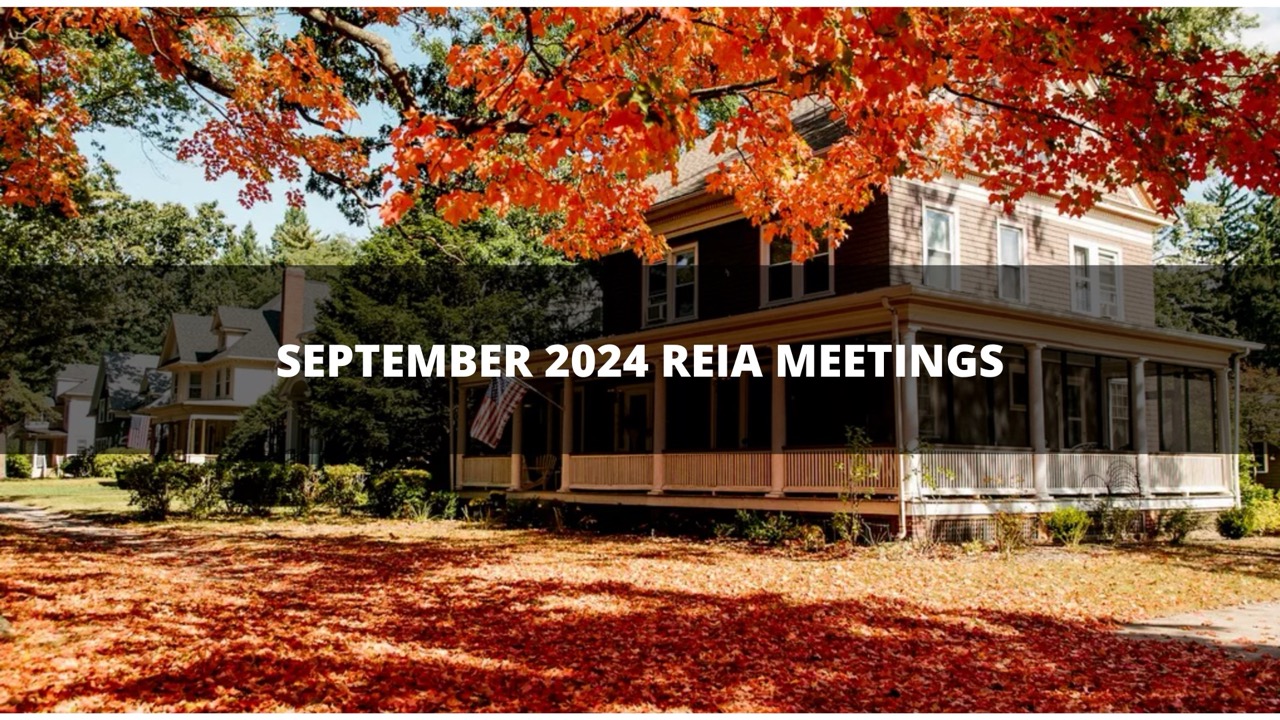An Introductory Guide to Flipping Houses
There are two primary strategies for real estate investors: flipping houses and rental properties. As a newer investor, or someone interested in investing, you may have questions regarding what exactly is involved in flipping a property.
Here is our complete introductory guide to flipping houses for a substantial profit!
What is house flipping?
House flipping involves buying a discounted property in need of repairs, renovating the property, and reselling it on the open market. To maximize profits when flipping a house, it’s important to improve the property before putting it back on the market. If the house is fairly new, it’s possible to “flip” it with only some new paint, flooring, and other small cosmetic changes. More often, however, house flipping includes bathroom and kitchen renovations, space redesigns, and even additions to the house to either modernize the home or maximize the value by adding square footage—more about this later.
House flipping used to involve primarily buying properties at auction, but these days, many investors buy their properties directly from motivated sellers or from wholesale investors. MyHouseDeals provides deals from both types of sellers all over the country, and is a popular source of properties for experienced investors.
Where should you begin with flipping houses?
Education is key. Many of our Success Stories emphasize the importance of attending networking events. Most cities have investor clubs and groups that provide regular education and resources. These resources are sometimes free, and usually low-cost. Attending these events is a great way to get started by learning from real people in your own area.
There are other types of training as well. For example, members of MyHouseDeals receive email notifications several times a month for free online education events. There are also thousands of books, gurus, and forums online. BiggerPockets.com is the most popular social media forum exclusively dedicated to real estate investing. Active members ask and answer questions daily, and the website provides free educational resources as well.
How do you find a property to flip?
There are a few ways to find investment properties to flip. Property-finding methods have changed over the years, so it’s a good idea to do research in your particular area to see what other investors are doing.
Search the MLS:
The multiple listing service (MLS) is a private collection of property listings developed and maintained by real estate professionals. If you are not a real estate agent, you will need to work with one to access property listings on the MLS.
Contact or Join Real Estate Groups:
Join a real estate group or attend local real estate investing association (REIA) meetings to network and connect with other investors selling properties.
Explore Tax Auctions:
After a landowner has become delinquent in paying taxes for a period of time (two or three years), the collector will sell the tax deed of the delinquent property at an auction for the highest bid.
View Properties on MyHouseDeals:
On MyHouseDeals.com, start your property search by narrowing down the city where you are seeking a house. Once you’ve selected an area, customize your property search by property type, lead type, the after repair value, the asking price, cost of repairs, profit potential, or the zip code.
What should you look for in an investment property?
- Market Location: Location, location, location is an often repeated phrase—and it matters. But what matters more is the market of the area in which you invest. Every city has a few areas that are more depressed. Real estate is less expensive in those areas, but if the number of days on market is low and if the market is strong, properties in those areas make great investments.
- Condition: Most investment properties will need repairs, some much more extensive than others. If you are new to investing, try to avoid tackling major repairs such as structural issues, and major plumbing or electrical problems.
- Profit Maximizers: Kitchens and bathrooms are great investments, but getting a property inspected during the option period will help you avoid expensive surprises such as plumbing issues or strange and outdated construction materials that need replacing.
- Value: Make sure the property price is below market value. A good rule of thumb is to buy the ugliest house on the prettiest street, versus the prettiest house in an ugly neighborhood. Buying the ugly house in the pretty neighborhood maximizes your profit opportunity—there is nowhere to go but up! Many things affect value: location, condition, schools, and nearby amenities.
How do you choose a title company?
A title company acts as a neutral third party that holds all of the documents and money related to the sale. Title companies will handle all of the paperwork when it comes time to close on the deal. Working with a title company ensures a place for receiving/sending money as well as a space for you and the seller to sit down and work out any remaining issues. A title company will execute the deed and make sure it is legal and valid.
One of the best ways to choose a title company is to ask friends, family, or colleagues who have recently participated in a real estate transaction. The reputation of a title company goes a long way. When vetting title companies, you will want to ensure the company is professional and has a solid reputation in the community. Then you must inquire about and fully understand the fee structure. This will determine what the buyer and seller are expected to pay.
Contracts
Having a good contract is your assurance that the buyer won’t try anything out of the ordinary, and it lets them know you are serious. Contracts also protect you. No need to re-invent the wheel here. Work with an attorney to make sure you have everything in place and all of the correct documents. If you can’t pay for an attorney, use your state’s available real estate contracts and add and subtract clauses as needed.
Five Steps to Creating a Contract
- On the purchase contract, include all names to be included on the deed, the property address, and legal property descriptions. Indicate the total purchase price for the home, the amount of earnest money deposit the buyers put down, and the financing details. Be sure to include a closing date.
- Include a list of all of the items that will be left behind in the house such as appliances.
- Include any warranties you are offering and any settlement expenses.
- Submit the contract to the buyer and wait for his/her terms to be submitted. Include a timeline for all contingency dates.
- Sign the submitted offer or negotiate terms until you and the buyer come to an agreement. Sign and initial all pages of the agreed-upon contract.
Note: Make sure that your contract covers state requirements and laws.
Hiring Contractors
As a new investor, one of the biggest obstacles is to find and trust a great contractor. It is a scary thought to hand over a large portion of your investment to a stranger. We outlined a few things below to think about before you start contacting and working with a contractor on your investment properties.
Think ahead as much as possible. Even if you do not have construction experience, ask yourself “what kind of changes do I want to make?” Start with what you need. Is this a cosmetic remodel or is it going to be a structural remodel? Are you moving walls, moving a bathroom, or adding a room?
Depending on how big or complex a project is, you might hire a:
- General contractor, who manages all aspects of a project, including hiring and supervising subcontractors, getting building permits, and scheduling inspections.
- Specialty contractor, who installs particular products like cabinets and bathroom fixtures.
- Designer or design/build contractor, who provides both services.
- Architect, who designs homes, additions, and major renovations—especially ones involving structural changes.
After you have an idea of what kind of contractors you want, start a Scope of Work list. Before you start contacting contractors, have an Apples to Apples list for each contractor to go by.
Use a simple list or a spreadsheet. Just make sure that you give every contractor the same scope of work. Note that the scope may change during inspections. With that in mind, update everyone with any changes.
How do you find buyers?
Your rehab is complete and you are ready to sell the property. Now what? You can work with a real estate agent who will list the property to find potential buyers. If you prefer to handle the sale on your own, you can post a “for sale by owner” sign in the front yard and let potential buyers come to you. Another option is to post the property on a site, such as MyHouseDeals.com. If you are looking for a quick and easy sell, finding a cash buyer may be the best solution. You won’t have to wait on banks for a loan to go through. Cash buyers have money and are looking to move fast.
Conclusion
Keep all of the above in mind when you are looking at your next potential property. Create a personal checklist of what you need and who you’ll need on your team, make sure to evaluate the quality of the deal, and lastly, make money!
View properties in your area and find your property to flip.






